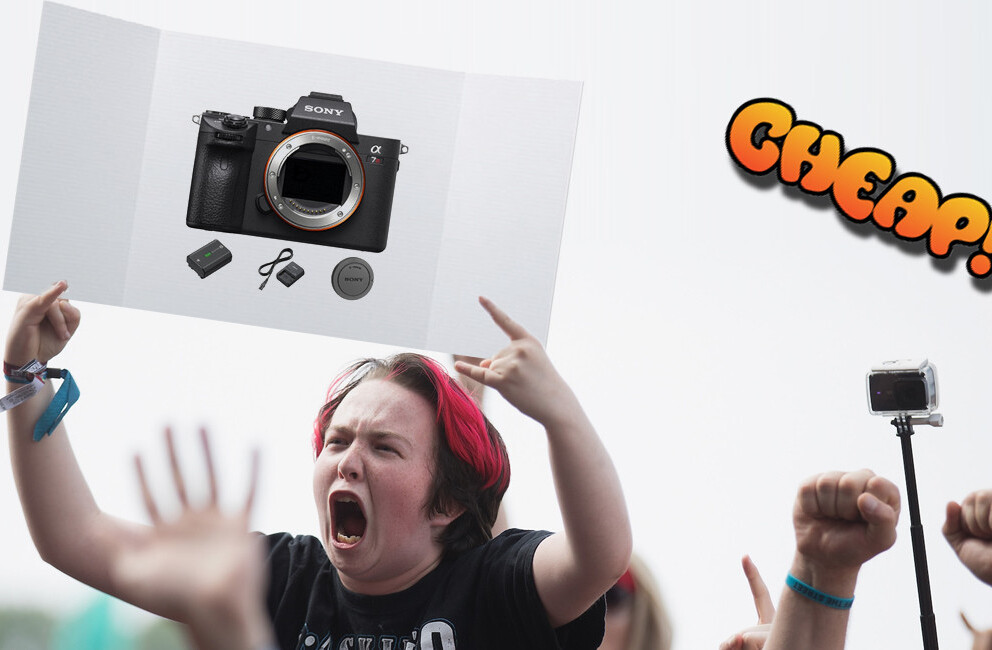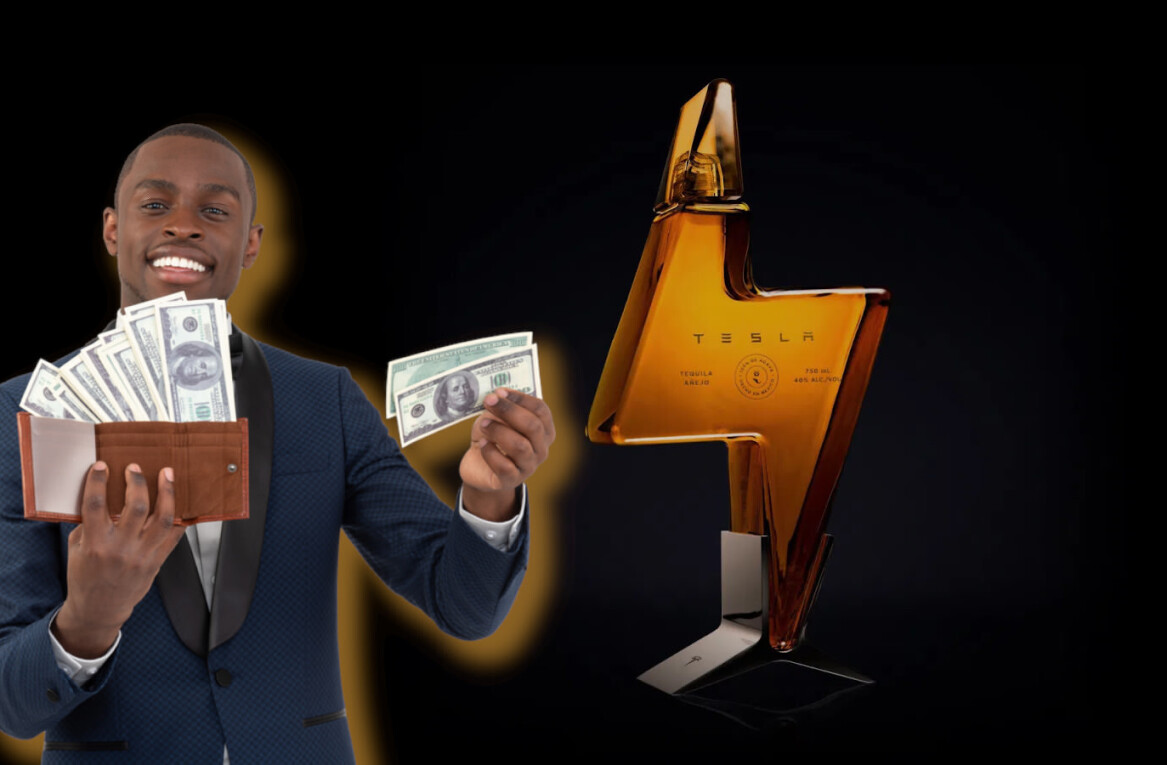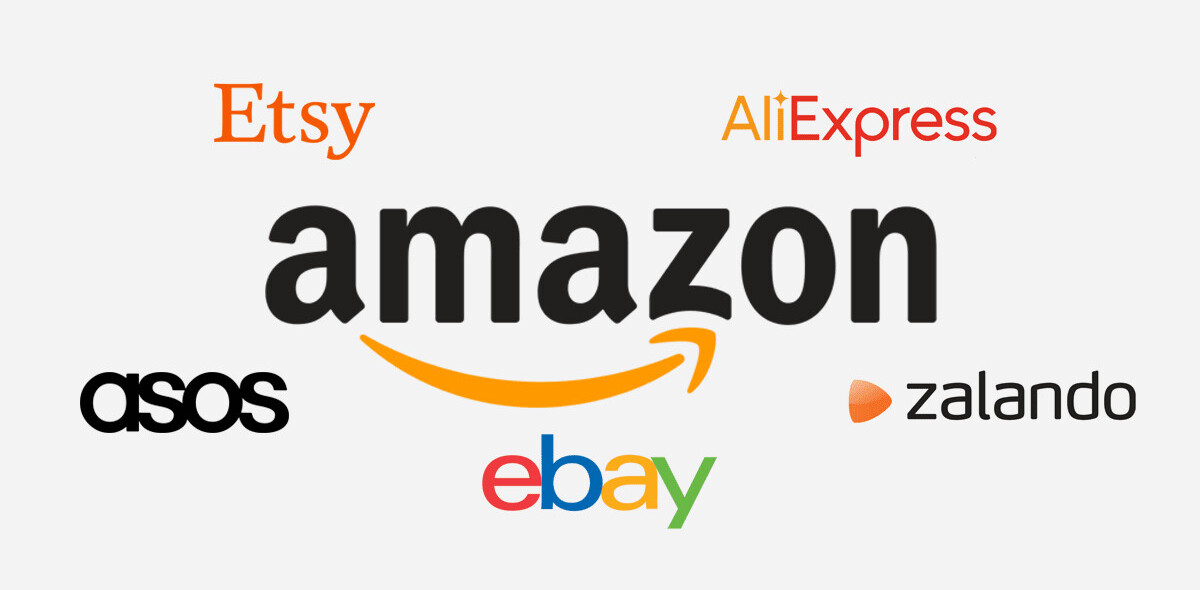
 The European Commision ruled in favor of Luxury brands this week, giving them greater control over their online sales
The European Commision ruled in favor of Luxury brands this week, giving them greater control over their online sales
The new laws that will go into effect in June and last for 12 years, give the brands the authority to decide how their products are distributed, block e-tailers that sell only on the Internet, as well as the means to protect themselves against online sellers that illegally sell their goods or their knock-offs.
On the opposing side, e-commerce businesses, like AmazonEU and eBay expressed their satisfaction with Mr Almunia’s (E.U. competition commissioner) commitment to promote e-commerce and take action against abuses of competition, but also their concern in case the rules are used to unfairly restrict the online availability of certain products by manufacturers in order to maintain high prices, damaging the consumer too.
As New York Times reports the online retailers Pixmania, Price Minister, Rue du Commerce, 3 Suisses, Amazon and eBay lobbied against the requirements for “a brick and mortar shop or showroom before engaging in online distribution.”
Under the updated EU antitrust rules in order to block online sellers, the makers must have a market share less than 30% and their distribution or supply agreements must not significantly restrict competition, by fixing the resale price or blocking customers outside the area to which an exclusive distributor has been assigned from contacting that distributor and making a purchase. As WWD reports, the threshold of 30% market share used to apply only to manufacturers, but the new rules take into account that some buyers may also have the power to stifle competition.
This news is of particular interest to the efforts of luxury brands to protect their prestige online. LVMH, the world’s largest luxury group, with brands such as Christian Dior, Givenchy, and Louis Vuitton, is one of the most aggressive fighters in this war, trying hard to protect its image and exclusivity with a series of legal battles. Most recently it’s the heated dispute between LVMH and Google that has LVMH blaming Google for allowing anyone to advertise alongside its brand in a search query, it was infringing on LV’s trademark and boosting the counterfeit trade. The court ruled in favor of Google. There is also another recent case, between LVMH and two web hosting businesses, that was decided in favor of LVMH, awarding the group $32.4 million. The web hosts were found guilty for contributory copyright and trademark infringement as they were hosting websites selling counterfeit Louis Vuitton bags.
For big brands it seems taking significant interest in e-commerce and social media goes hand in hand with the managing of their online image. Another issue that has troubled the luxury industry, concerning their online presence and sales, is how they can preserve the sense of exclusivity that comes with luxury goods. Truth be told there is a huge black market online with illegal sales and knock-offs, that ran almost uncontrollably up to now. How the brands will manage to gain from the openess of the new media, while retaining their status and sense of exclusivity remains to be seen. One thing is certain, the face of e-commerce will change drastically as the big boys join the game.
Source: Reuters.
Get the TNW newsletter
Get the most important tech news in your inbox each week.





